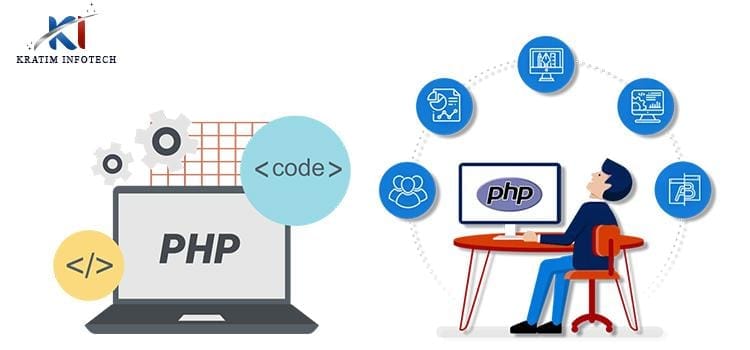What Security Measures are Essential in Custom PHP Application Development?
In today’s digital landscape, security is a paramount concern for businesses that rely on custom PHP applications. With cyber threats becoming increasingly sophisticated, it is crucial to implement robust security measures during the development process. In this blog post, we will explore the essential security measures that businesses should adopt when undertaking custom PHP application development. By understanding and implementing these measures, businesses can protect sensitive data, mitigate risks, and ensure the integrity of their applications.
Secure Coding Practices:
Secure coding practices form the foundation of a robust PHP application. This includes using parameterized queries to prevent SQL injection, input validation to mitigate cross-site scripting (XSS) attacks, and data sanitization techniques to prevent code injection. By adhering to secure coding practices, developers can significantly reduce vulnerabilities and enhance the overall security of the application.
Authentication and Authorization:
Implementing strong authentication and authorization mechanisms is crucial to prevent unauthorized access to the application. This includes employing secure password hashing algorithms, enforcing strong password policies, implementing multi-factor authentication, and employing role-based access controls. By ensuring proper authentication and authorization, businesses can protect user accounts and sensitive data from unauthorized access.
Data Encryption and Protection:
Sensitive data stored in a custom php development application should be encrypted to prevent unauthorized disclosure. Implementing strong encryption algorithms for data at rest and data in transit is essential. Additionally, developers should follow encryption best practices, such as securely storing encryption keys, implementing secure data transfer protocols (e.g., HTTPS), and encrypting sensitive information before storing it in databases.
Regular Security Updates and Patch Management:
Keeping the PHP application up to date with the latest security patches and updates is critical to address any known vulnerabilities. Developers should closely monitor security advisories, promptly apply patches, and ensure the underlying server infrastructure is regularly updated. By staying proactive in patch management, businesses can safeguard their applications against emerging threats.
Robust Session Management:
Effective session management is vital for preventing session hijacking and maintaining user privacy. This involves generating secure session IDs, properly handling session timeouts, and using secure cookie settings. Implementing session validation and regeneration techniques further strengthens the application’s security posture.
Regular Security Audits and Penetration Testing:
Conducting regular security audits and penetration testing helps identify potential vulnerabilities and weaknesses in a PHP application. Employing experienced security professionals or third-party firms can provide an objective assessment of the application’s security posture. By conducting these audits and tests, businesses can proactively address any security gaps and strengthen the application’s resilience against attacks.
Error Handling and Logging:
Implementing proper error handling and logging mechanisms is crucial for identifying and responding to potential security incidents. Logging critical application events and errors can help detect anomalies, trace suspicious activities, and aid in post-incident analysis. Robust error handling practices prevent the disclosure of sensitive information and improve the overall application’s security.
Conclusion:
When it comes to custom PHP application development, prioritizing security is imperative to protect sensitive data, safeguard user privacy, and maintain business trust. By incorporating essential security measures, such as secure coding practices, authentication and authorization controls, data encryption, regular updates and patch management, robust session management, security audits, and proper error handling, businesses can fortify their PHP applications against potential threats. With a proactive security approach, businesses can mitigate risks, ensure compliance with data protection regulations, and provide a secure environment for their users. Embracing these security measures is an investment in the long-term success and reputation of the custom PHP application.


